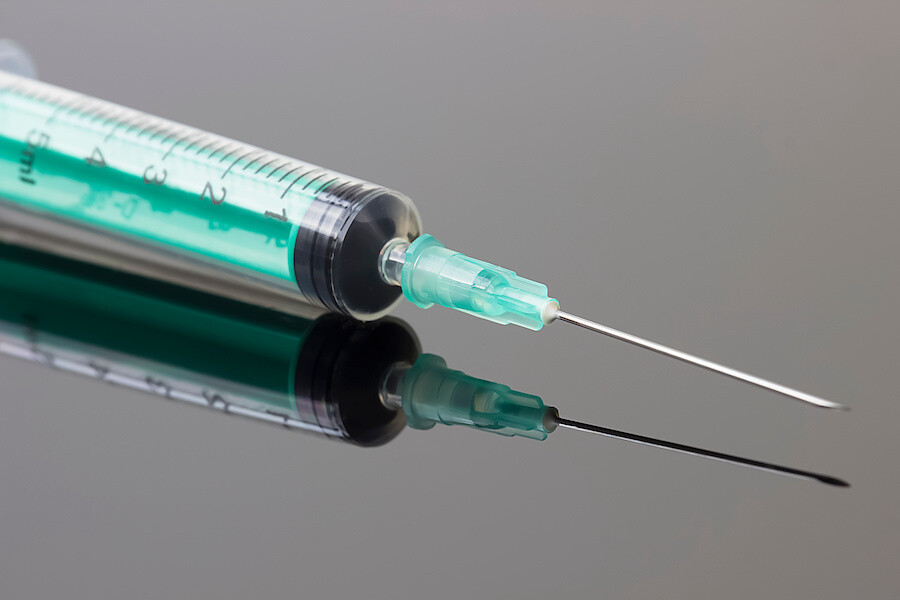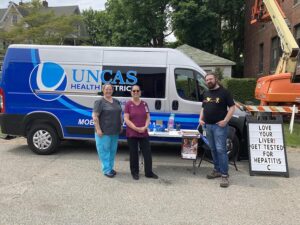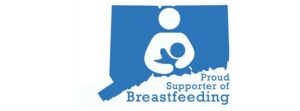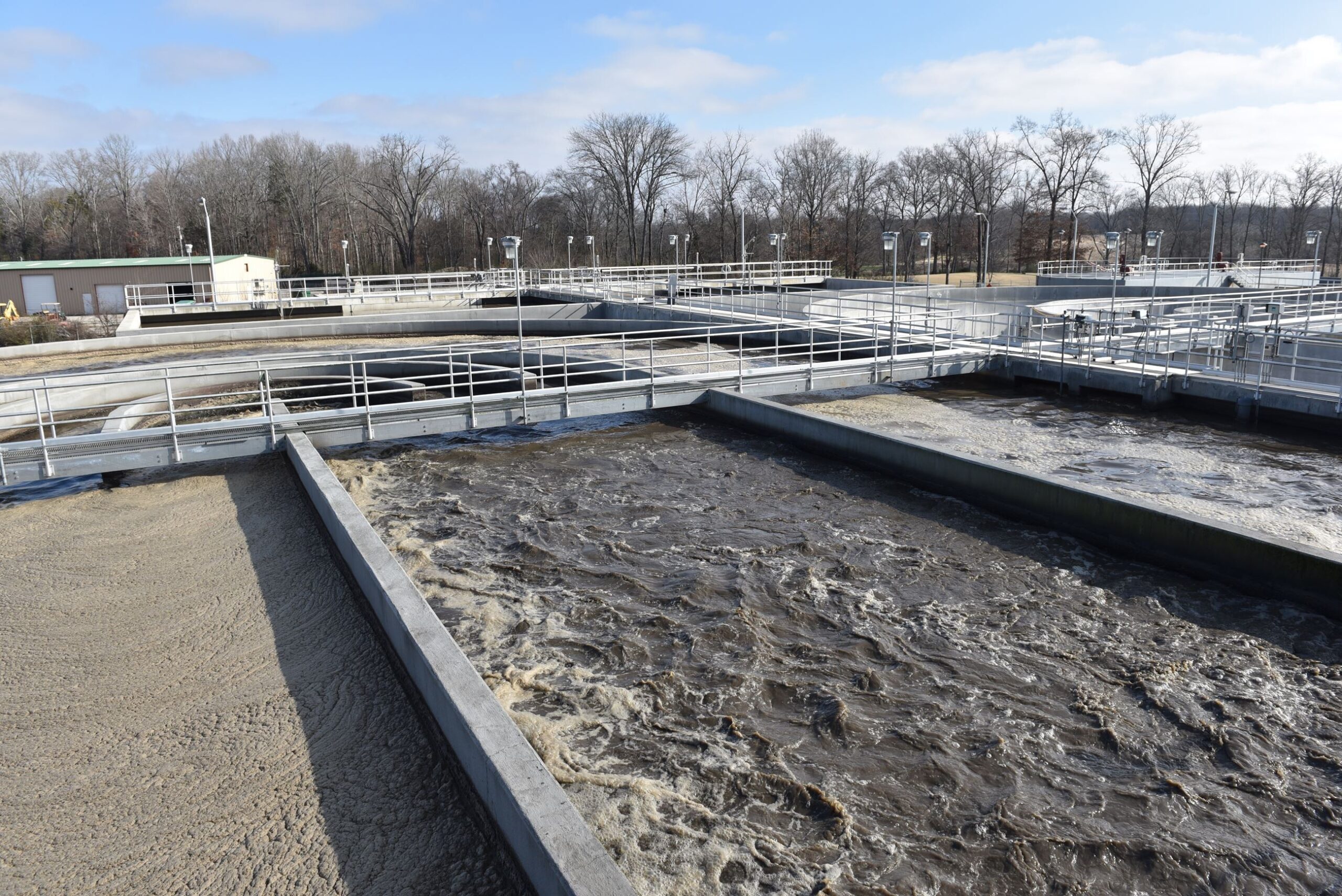Getting enough water every day is important for your health. Drinking water can prevent dehydration, a condition that can cause unclear thinking, result in mood change, cause your body to overheat, and lead to constipation and kidney stones. Water has no calories, so it can also help with managing body weight and reducing calorie intake when substituted for drinks with calories, such as sweet tea or regular soda. And if you wait to drink until you are thirsty, then your body is already dehydrated.
Water helps your body:
- Keep a normal temperature.
- Lubricate and cushion joints.
- Protect your spinal cord and other sensitive tissues.
- Get rid of wastes through urination, perspiration, and bowel movements.
Your body needs more water when you are:
- In hot climates.
- More physically active.
- Running a fever.
- Experiencing diarrhea or vomiting.
Everyone should consume water from foods and beverages every day. Although there is no recommendation for how much plain water everyone should drink daily, there are recommendations for how much daily total water intake should come from a variety of beverages and foods. Daily total water intake (fluid) is defined as the amount of water consumed from foods, plain drinking water, and other beverages. Daily water intake recommendations vary by age, sex, pregnancy status, and breastfeeding status. But a general rule is to consume ½ your weight in ounces of water daily. Most of your fluid needs are met through the water and other beverages you drink. You can get some fluids through the foods you eat — especially foods with high water content, such as many fruits and vegetables. Drinking water is one good way of getting fluids as it has zero calories.
Tips to Drink More Water
- Carry a water bottle with you and refill it throughout the day.
- Freeze some freezer-safe water bottles.
- Take one with you for ice-cold water all day long.
- Choose water over sugary drinks.
- Opt for water when eating out. You’ll save money and reduce calories.
- Serve water during meals.
- Add a wedge of lime or lemon to your water. This can help improve the taste.







